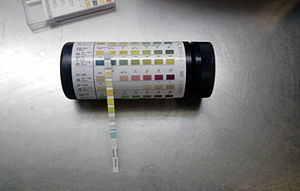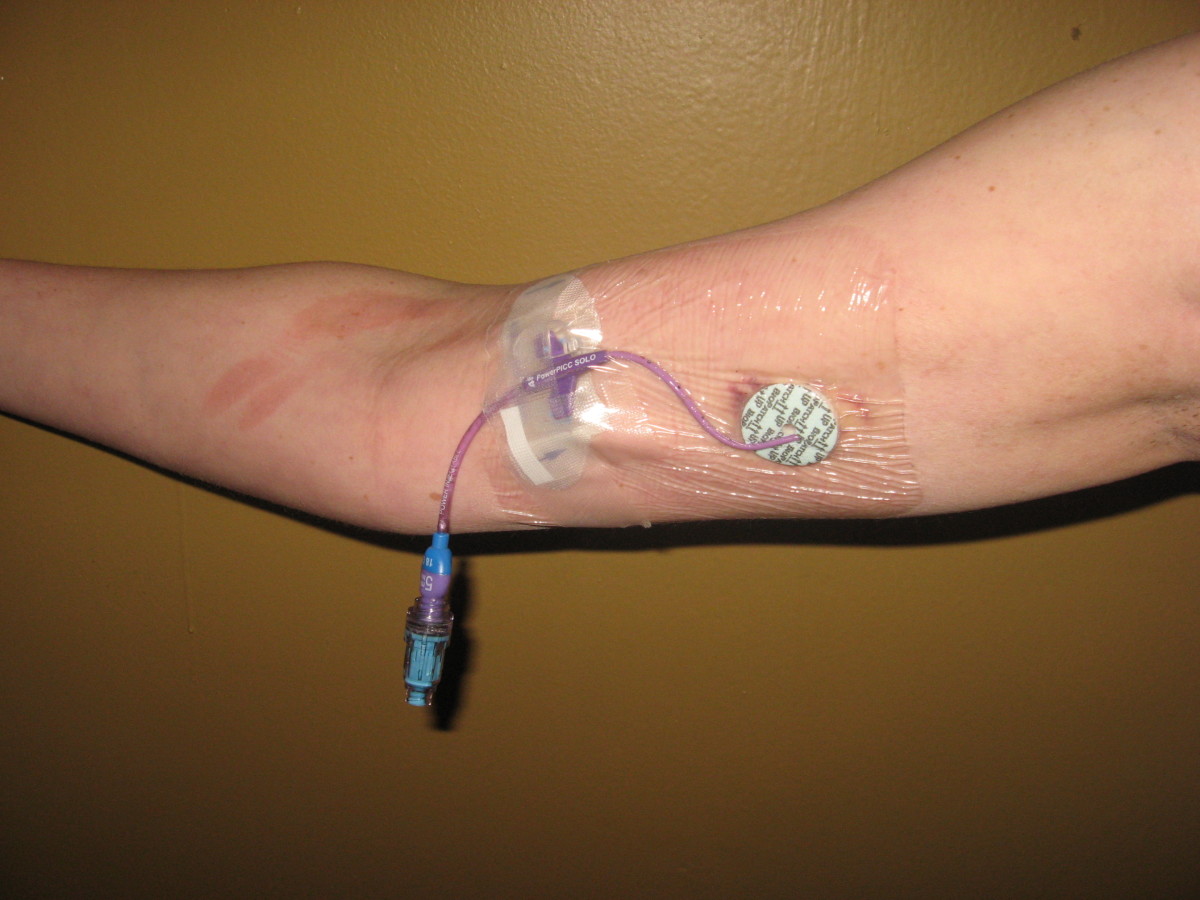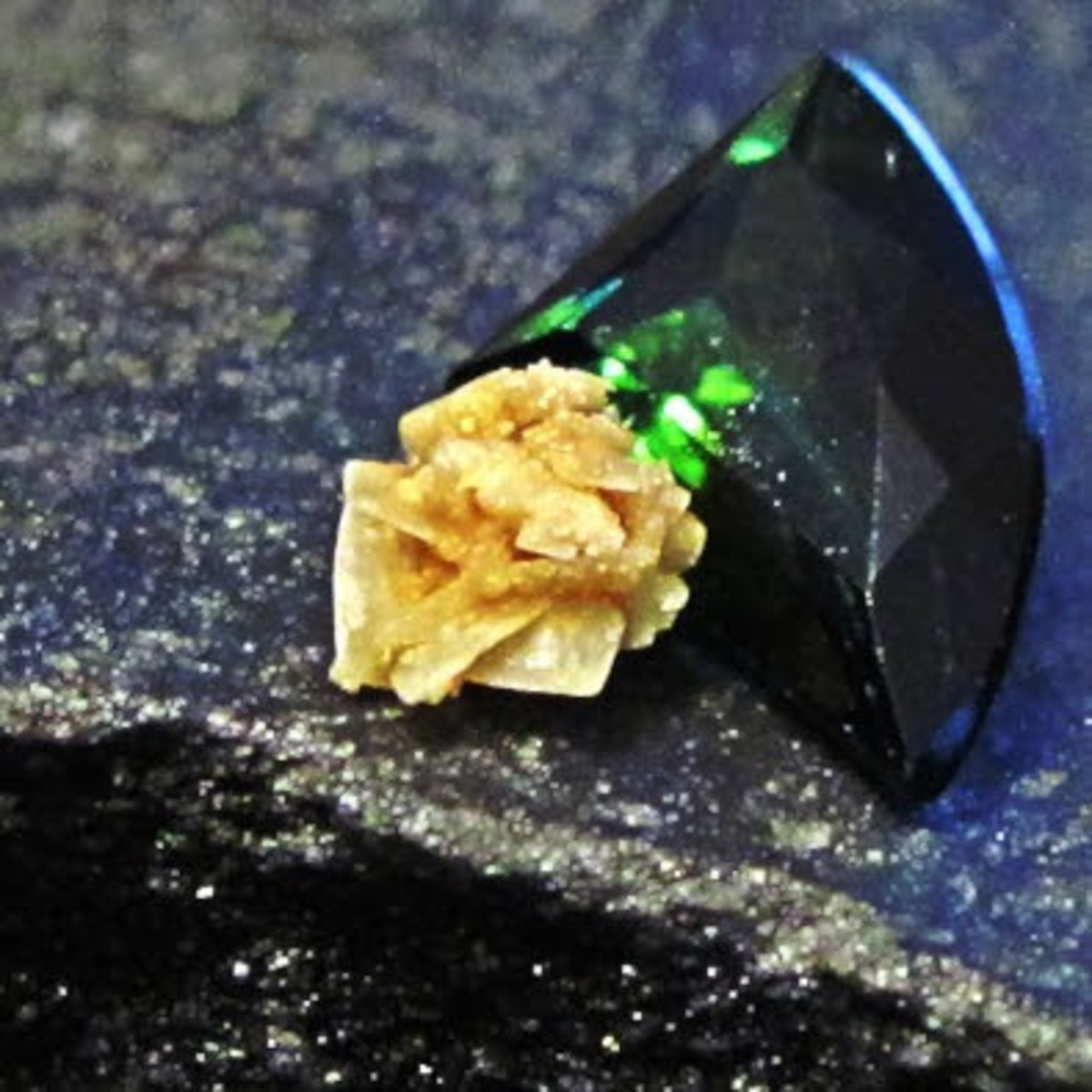Symptoms and Treatment of a Urinary Tract Infection
It is estimated that 50% of women will get a urinary tract infection (UTI) at some point in their lives but they occur much less frequently in men (http://www.nhs.uk/conditions/Urinary-tract-infection-adults/Pages/Introduction.aspx )
The term urinary tract infection (UTI) is used to describe an infection of the urinary system; this is caused when bacteria that's often present in other parts of the body, finds its way into the bladder. This often happens when bacteria from the anus gets into the urethra and travel up to the bladder, although many other kinds of bacteria can cause a urinary tract infection. The urethra is shorter in women than it is in men; therefore women are more likely to suffer from a urinary tract infection. You are also more likely to get a urinary tract infection if you are diabetic or are pregnant.
Symptoms of a urinary tract infection
- Fever
- Passing urine more often than normal
- Felling the need to pass urine but being unable to do so
- Experiencing a burning sensation when passing urine
- Cloudy, often foul smelling urine
- Blood in urine
- Abdominal pain
If you have any of these symptoms you should see your doctor, who will ask you to provide a sample of urine to be tested for bacteria. Your doctor may use a dipstick to see if bacteria is present in the sample and if bacteria is detected you will be prescribed an antibiotic. Your sample will usually also be sent off to a laboratory for analysis to determine what type of bacteria is present and what antibiotic should be used to treat the infection.

Treatment for urinary tract infection
Usually a urinary tract infection is treated with a five to seven day course of antibiotics; these are usually prescribed by your doctor after he has done the dipstick test. Sometimes it is necessary for your antibiotic to be changed if the lab results identify that a different antibiotic than the one prescribed would be more effective against the bacteria present in the sample they tested.
As urinary tract infections are common in women, once a urinary tract infection has been diagnosed and antibiotics prescribed, there is usually no further investigation for female patients unless there is a problem with recurring infection. However in men and children there may be an investigation into the cause of the infection to rule out any serious medical problem, this can sometimes include an ultrasound of the bladder and kidneys.
Preventing urinary tract infections
There are things that you can do to help prevent urinary tract infections, drinking plenty of water helps to flush out the kidneys and bladder and so is helpful in flushing any bacteria away before an infection can take hold. Also ensuring that bacteria are not transferred from the anus to the urethra, this is especially important in women as the urethra is shorter in women than in men.
Avoid using products that can cause irritation such as perfumed soaps, shower gels or feminine hygiene products such as specialist deodorants. Also, always clean from front to back after using the toilet as this is the most common way for bacteria to get into the urethra (http://www.mayoclinic.org/diseases-conditions/urinary-tract-infection/basics/prevention/con-20037892).
Other treatments
Urinary tract infections are usually easy to clear up with antibiotics, although sometimes if there is a medical cause for recurring infection surgery to correct the problem may be necessary.
It has long been believed that drinking cranberry juice will help to prevent urinary tract infections, however the research on this is not conclusive. Although the research does seem to suggest that cranberry juice may have infection fighting properties. Cranberry juice is usually safe for people to drink daily, although people on blood thinning medication such as Warfarin should not drink it as it can lead to bleeding. (http://www.mayoclinic.org/diseases-conditions/urinary-tract-infection/basics/alternative-medicine/con-20037892 )
Some people also find that avoiding caffeine and alcohol as well as food and drinks containing large amounts of citric acid such as fruit and fruit juices while they have an infection can help to clear it up faster. This is because these products can irritate the bladder and cause more frequent urination (http://www.mayoclinic.org/diseases-conditions/urinary-tract-infection/basics/lifestyle-home-remedies/con-20037892 )
Dr Robert Matthews explains the signs, symptoms and treatment options for a urinary tract infection
Summary
- Urinary tract infections are common in women, but not as common in men
- Frequency and pain when urinating are two of the most common symptoms of a UTI
- Tests for a UTI are not invasive, you just have to give a urine sample
- The infection usually clears up easily with a course of antibiotics
Although painful, urinary tract infections are usually nothing to worry too much about, as if treated promptly they usually clear up within a week or so with no lasting effects. If you are getting regular infections your doctor may order tests such as an ultrasound of your bladder and kidneys to make sure there is not an underlying medical condition causing your recurrent infections.








